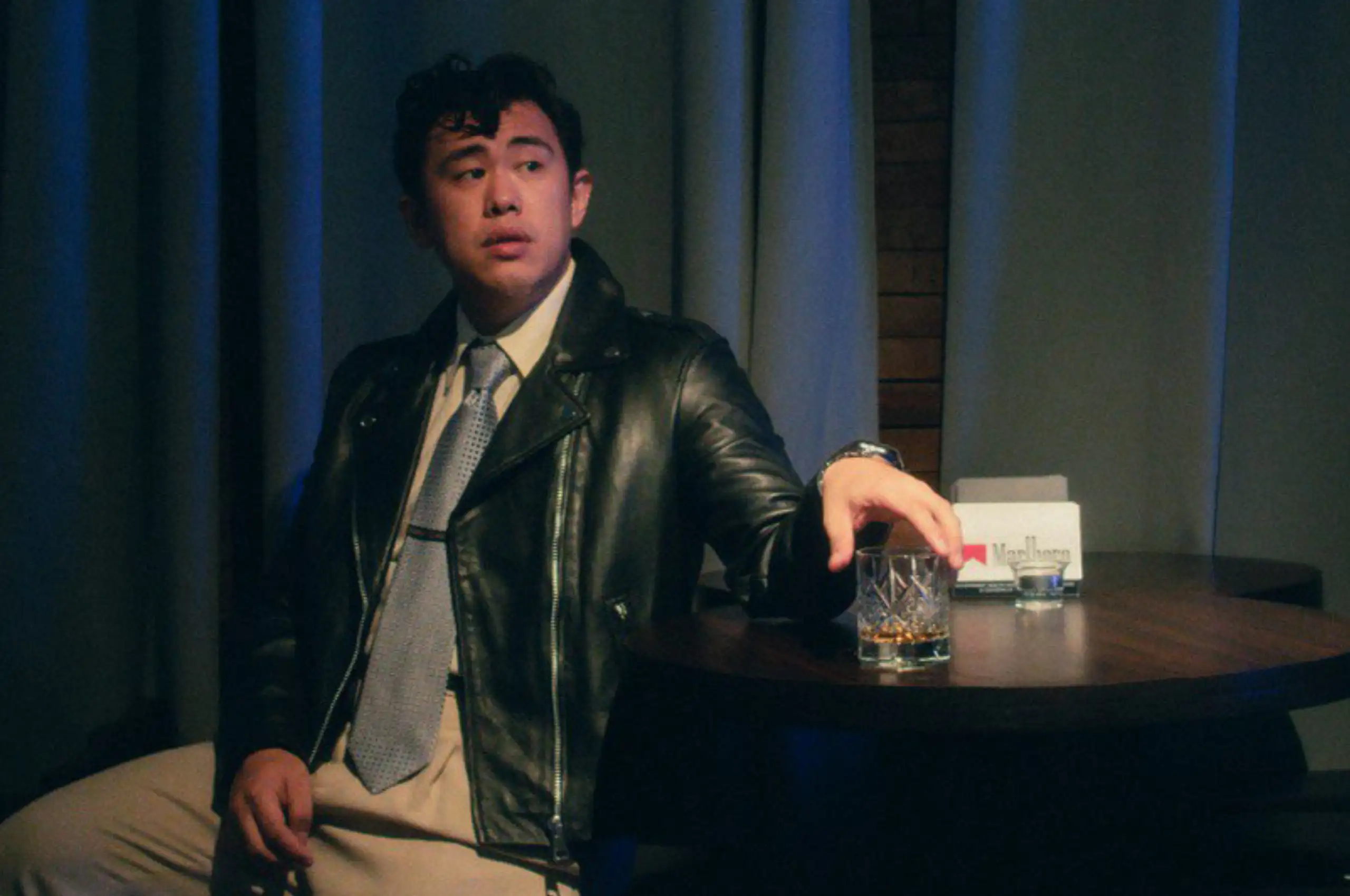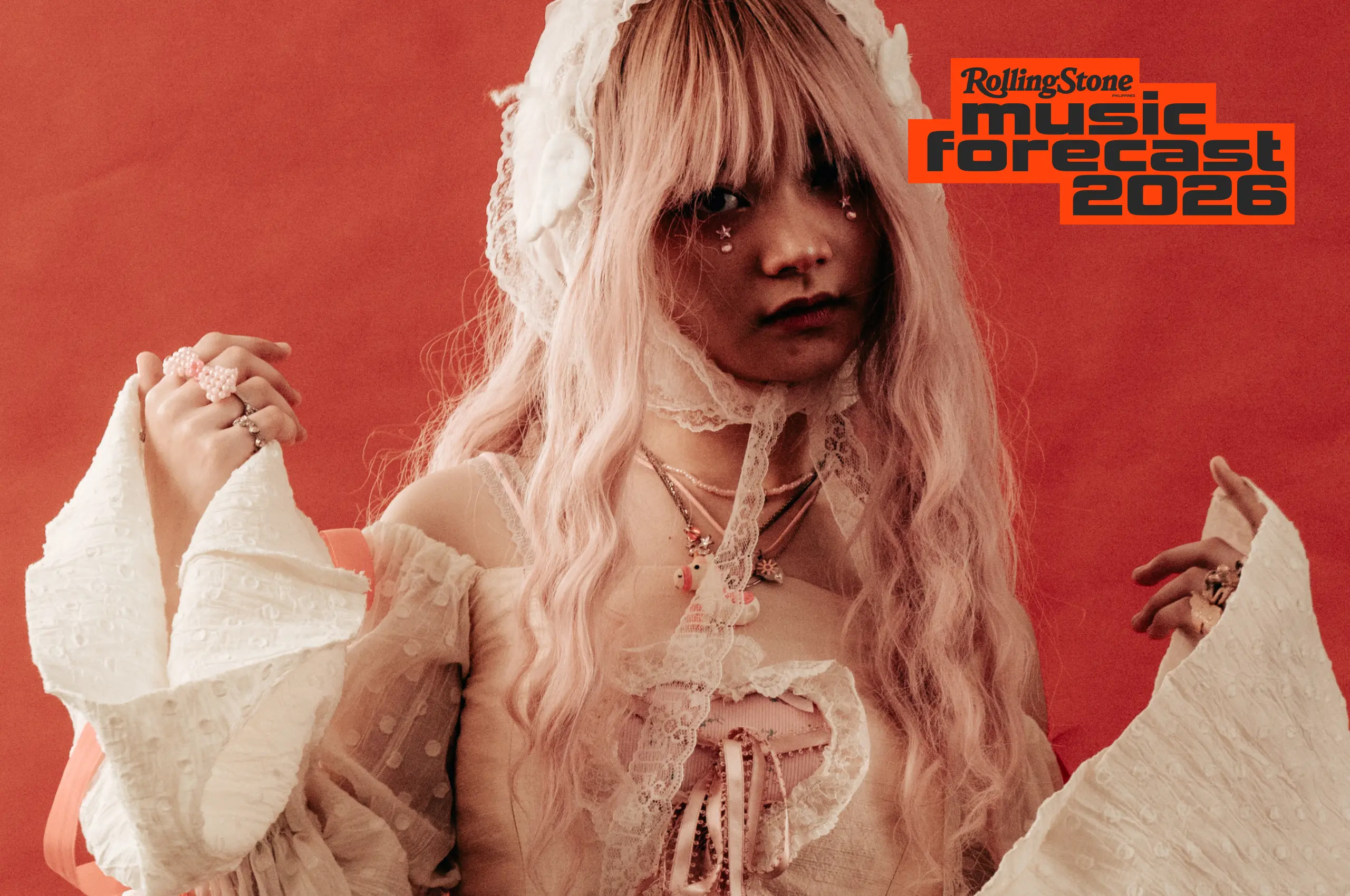Jose Miguel stands among a small circle of Filipino artists ever invited to the Java Jazz Festival in Jakarta, Indonesia; an honor that doesn’t go unnoticed.
Beneath his calm demeanor, he’s carrying a storm of nerves and a quiet fire. It’s the kind of emotional cocktail familiar to anyone preparing to represent their sound, let alone their country, on a global stage. Touring in Taipei and Busan taught him a lot, but this time the stakes feel different. Releasing his debut album Five Star Overthinker came naturally, but as he steps into new territory, he’s looking for stillness in the noise.
Before landing the Java Jazz Festival slot, Miguel had already established his name in local Filipino music. A classically trained vocalist and jazz-pop crooner for the Gen Z set, he’s focused on broadening what it means to be a young jazz artist in the Philippines. He’s come a long way from the early days, now self-aware enough to challenge the notion that jazz belongs to a certain class of listener or a single demographic.
“I thought at first it was like, oh, the Java Jazz Festival, or whatever, right?” he tells Rolling Stone Philippines. “Like that’s one of the most prestigious jazz concerts in Asia, right? So I’m like, ‘yeah, we’ll see.’ It was funny because that’s the way I treated it. And apparently, [Dewi Gontha, the president of the festival] was very serious. So she reached out and she said, ‘Seriously, I would like to see you and a full band.’”
Jazz as an accessible genre of music

Miguel is against the perception that jazz is exclusive. His stage presence may be polished, but his message is clear: This music isn’t just for elite parts of society. “The truth is people take it differently,” he says. “Some people, when they hear jazz, they’re like, oh, tunog mayaman o pang may class. Especially if it’s English lyrics. But I’m not generalizing that. I’m just saying there are people that take it that way.”
He’s dismantling long-held notions by simply showing up, performing with heart, and inviting his audience to drop their assumptions at the door. He also wants listeners to stop relying on algorithms to discover music. “There’s nothing wrong with being a homebody or watching on YouTube,” he says. “But the experience of going out and discovering new music, discovering new venues, is different. ‘Where is this?’ You go there and, wow, what an experience. There’s something about that kind of experience that really sparks something in people.”
Venues like Saguijo in Makati or the now-shuttered Route 196 in Katipunan were part of his education; places where genre lines blur and the live setting shapes the way music is heard. Miguel believes in the power of physically showing up, of stepping into a venue not knowing who’s on the lineup and leaving with a new favorite artist. These rooms hold energy that no stream can replicate, and Miguel wants more people to feel that spark.
FIVE STAR OVERTHINKER
There’s a duality in him that can’t be missed: the self-doubt of a lifelong overthinker and the self-assurance of a performer who knows exactly why he’s on that stage. He gets anxious in silence, but once the lights hit, his instincts take over. “Sometimes the silence is so deafening,” he says. “I get nervous. I start to overthink. I like to surround myself with the people I’m gluing with on stage… When you trust your co-leads, you’re able to let go. You’re able to express and really explore performance.”
With his career only gaining momentum, Miguel’s message resonates beyond genre: music should move, shift, and speak to the now, especially for his upcoming Java Jazz Festival performance. And when it does, there’s no telling just how far it can take you. The ambition is clear, but so is his grounding. His jazz roots trace back to his grandfather, whose influence continues to shape how he approaches music.
“The future for jazz in me is more of experimenting and branching out into evolution,” he says. “It needs to evolve. Like I said, being boxed in is quite challenging because this is what you expect — and that’s also not me. I want to be able to experiment and grow as an artist. The jazz will live in me, but the music will continue to evolve.”






